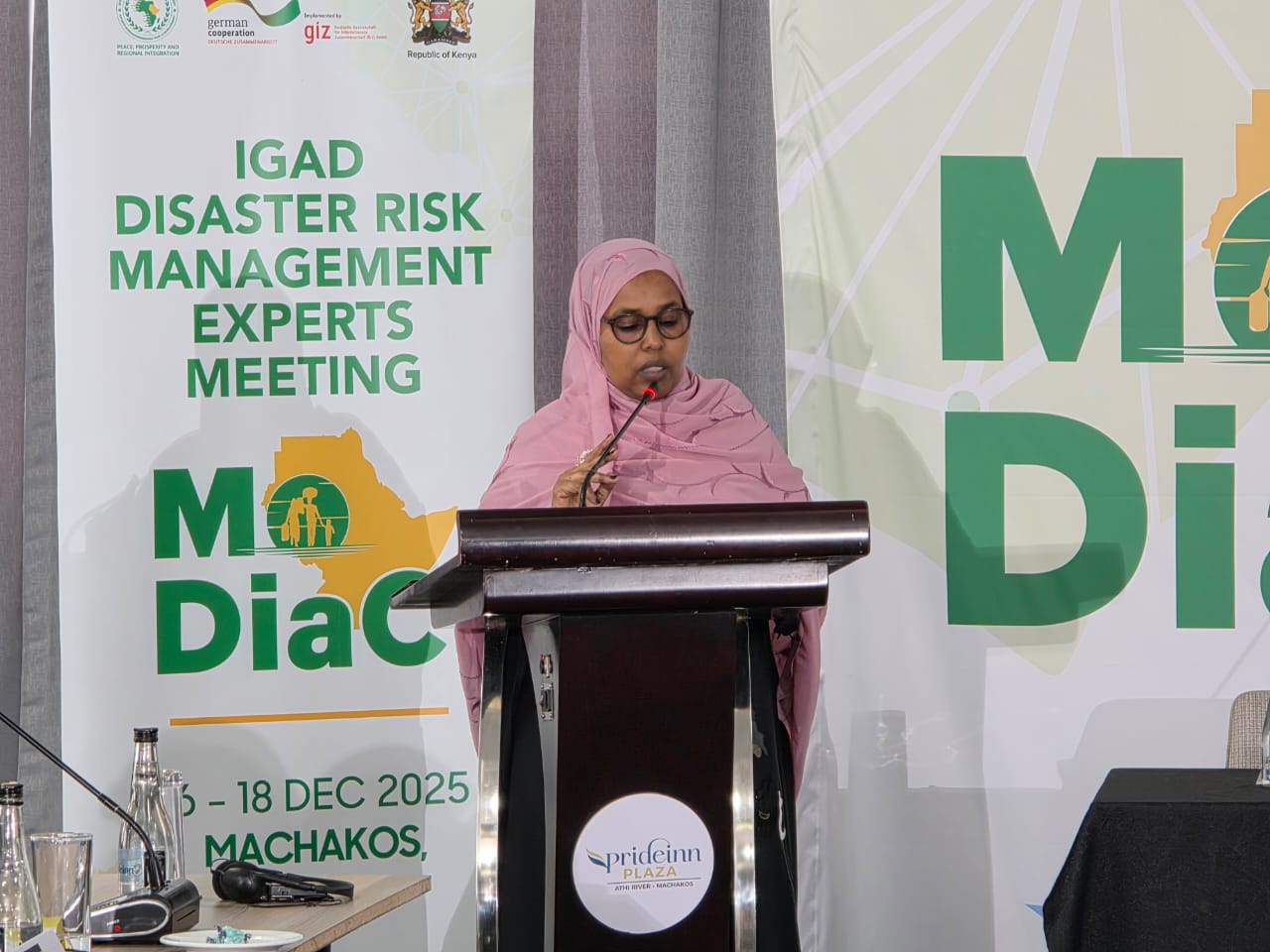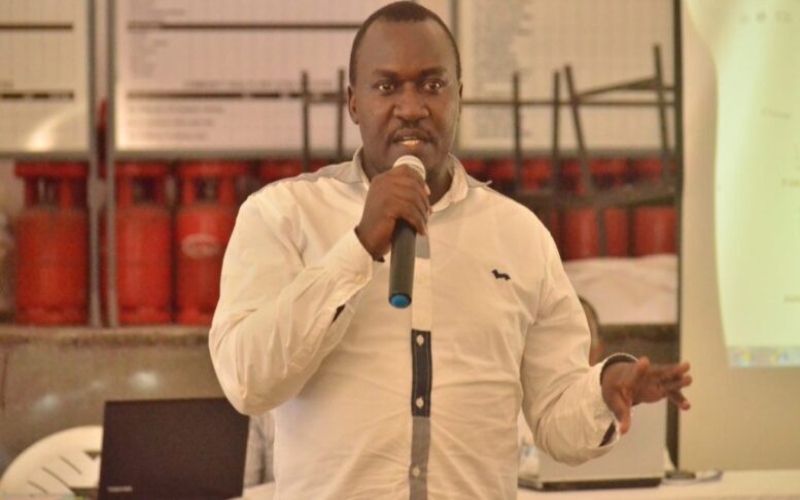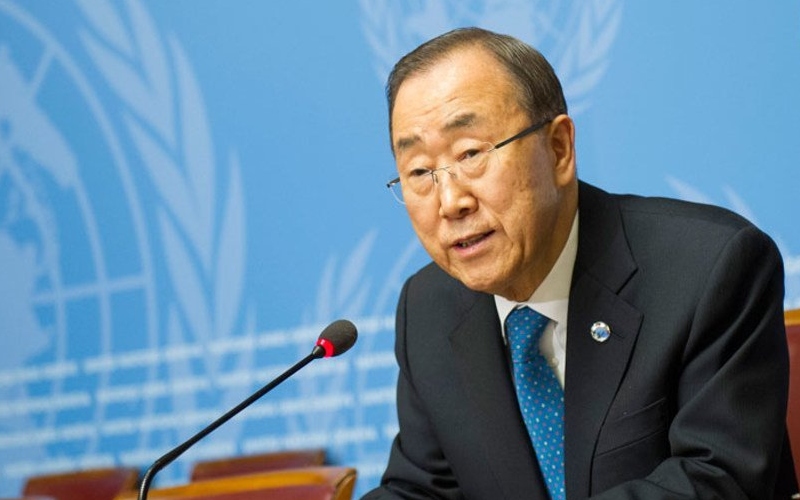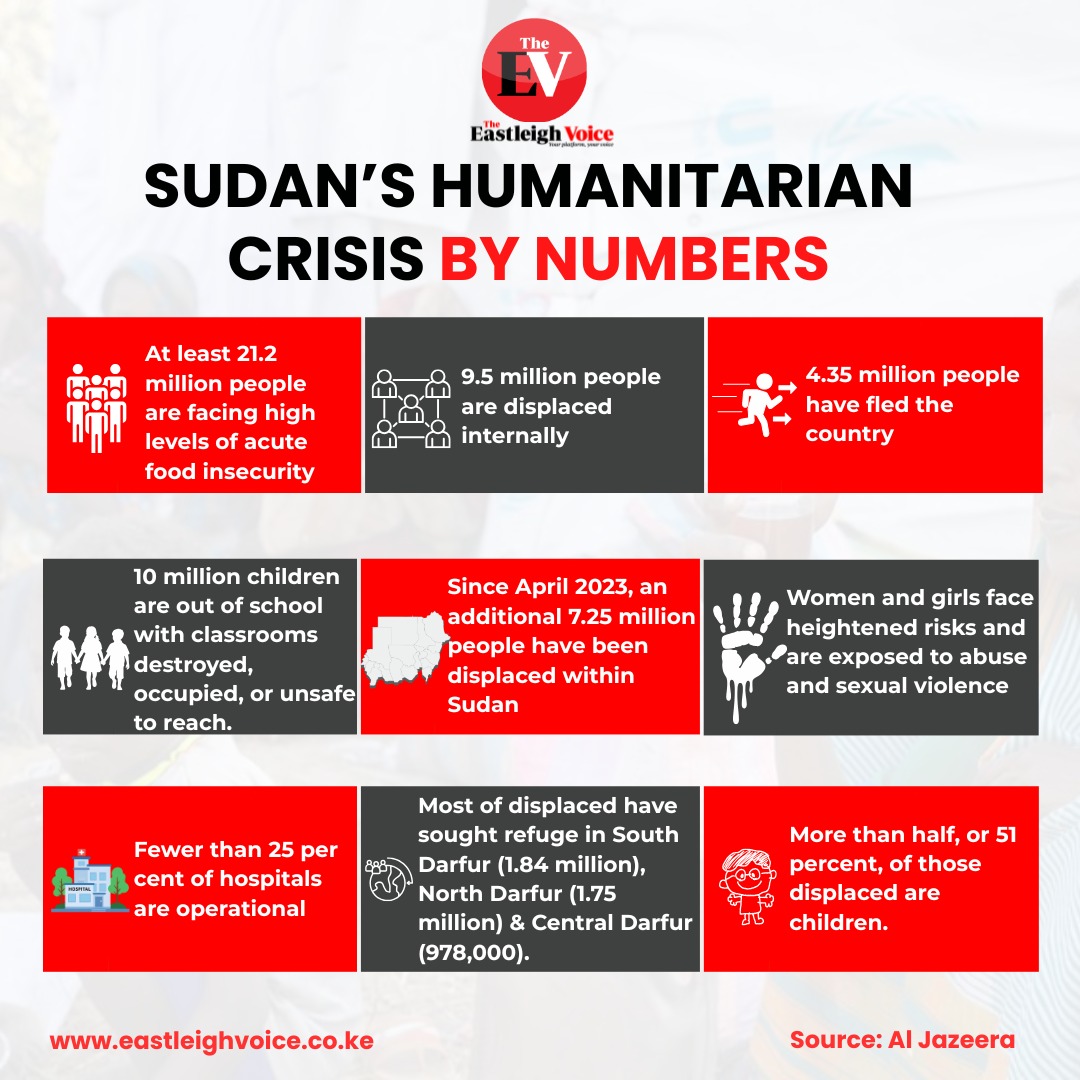Opinion: Uprooting corruption in Kenya calls for collective mindset shift

Kenya has long grappled with the pervasive issue of corruption, an endemic problem deeply rooted in our societal structures that continues to hinder our progress, undermining the very foundations of our democracy.
From government offices to the streets, corruption manifests in myriad forms, from grand-scale embezzlement of public funds to the everyday bribes that have become an unfortunate norm. The cost of this corruption is immeasurable, not just in terms of economic loss, but in the erosion of public trust and the widening gap between the haves and have-nots.
As we stand at this critical juncture in our nation’s history, we must confront this issue head-on. Corruption is a deep-rooted malady that has seeped into the very marrow of our nation. Its tendrils stretch back to the colonial era, where oppression and self-enrichment were the order of the day. As we gained independence, we hoped to shed this toxic legacy, but instead, we found it had merely changed hands.
The story of corruption in Kenya is woven with threads of greed, impunity, and missed opportunities. From the early days of our republic, when the Ndegwa Commission inadvertently sanctioned the blurring of lines between public service and private enterprise, to the land grabs of the ‘60s and ‘70s, the foundation was laid for a culture of graft that would prove stubbornly resistant to change.
As the years rolled by, corruption evolved, becoming more sophisticated and entrenched. It manifested in inflated government contracts, kickbacks, and the misuse of public funds. The names and faces changed, but the song remained the same — a dirge of lost potential and squandered resources.
Yet, in the face of this grim reality, hope persists. It flickers in the actions of brave whistle-blowers, in the determination of incorruptible public servants, and in the growing public consciousness that things must change. The question is no longer whether we should fight corruption, but how we can do so effectively.
The battle against corruption must be waged on multiple fronts, with strategies that address both its symptoms and root causes. We must start by strengthening our institutions, breathing new life into bodies like the Ethics and Anti-Corruption Commission and the Office of the Director of Public Prosecutions. These watchdogs need sharp teeth and the freedom to bite, unencumbered by political interference or resource constraints.
But institutions alone are not enough. We must also harness the power of technology to shine a light into the dark corners where corruption thrives. Blockchain for government procurement, e-government services to reduce opportunities for bribery, and data analytics to flag suspicious patterns are the weapons of the modern anti-corruption warrior.
Education, too, must play a crucial role. We need to cultivate a culture of integrity from the ground up, weaving ethics and civic responsibility into the fabric of our education system.
The Judiciary, often the last line of defence against corruption, must be fortified. Swift, impartial justice is a powerful deterrent to would-be corrupt officials. We need courts that are free from influence, judges who are beyond reproach, and a legal system that can keep pace with the complexity of modern corruption cases.
But perhaps most importantly, we need a shift in our collective mindset. For too long, we have accepted corruption as an immutable fact of life, a necessary evil to navigate the complex bureaucracy of our nation. This acceptance is a form of complicity, a silent nod to the corrupt that their behaviour, if not approved, is at least tolerated.
It’s time to shatter this complicity. We must foster a new national ethos where integrity is celebrated, and corruption is met with universal condemnation. This requires the courage to say no to that small bribe, to report wrongdoing even when it might cost us, and to demand better from our leaders and ourselves.
The path ahead is not easy. Those who benefit from the corrupt system will not relinquish their privileges without a fight. We will face setbacks, and moments of frustration when it seems that for every step forward, we take two steps back. But we must persist.
The choice before us is clear. We can continue down the well-worn path of graft and mismanagement, watching as our nation’s promise slips away, or we can choose a different way; a path of integrity, accountability, and shared prosperity.
The writer is a public policy specialist, development practitioner and management consultant. [email protected]
Other Topics To Read
Top Stories Today













































